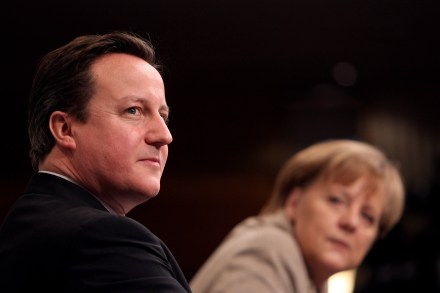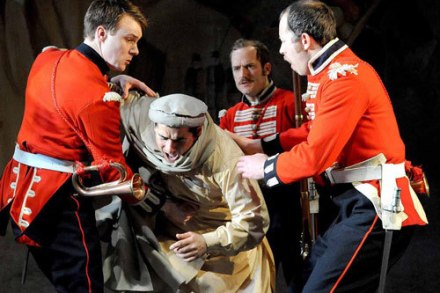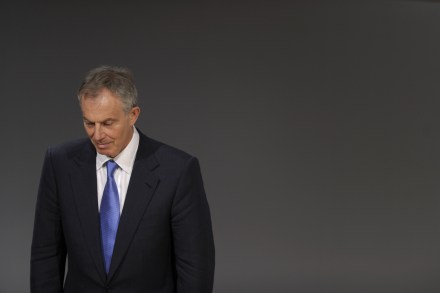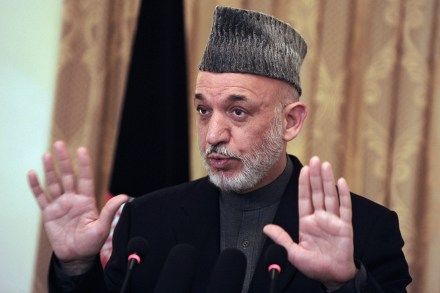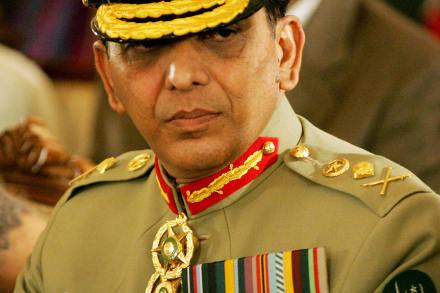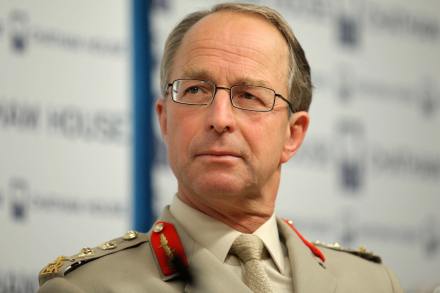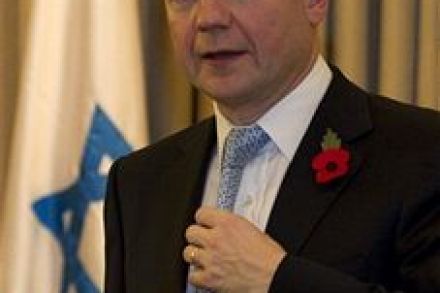Doubts remain over al-Megrahi
The morning after the day before, it seems that some of the murk around Abdelbaset al-Megrahi’s release has lifted. In particular, one thing is explicit that wasn’t before: that the policy of the Brown government was to “do all it could” to facilitate the convicted Lockerbie bomber’s transfer to Libya. We might have surmised the same from David Miliband’s statements at the time. But now, at least, we know for sure. Naturally, this is tricky news for Labour, and especially for the Ghosts of 2008 whose names are splashed across the papers today: Brown himself, Jack Straw, Des Browne, etc. And yet Gus O’Donnell’s report has also absolved them of



